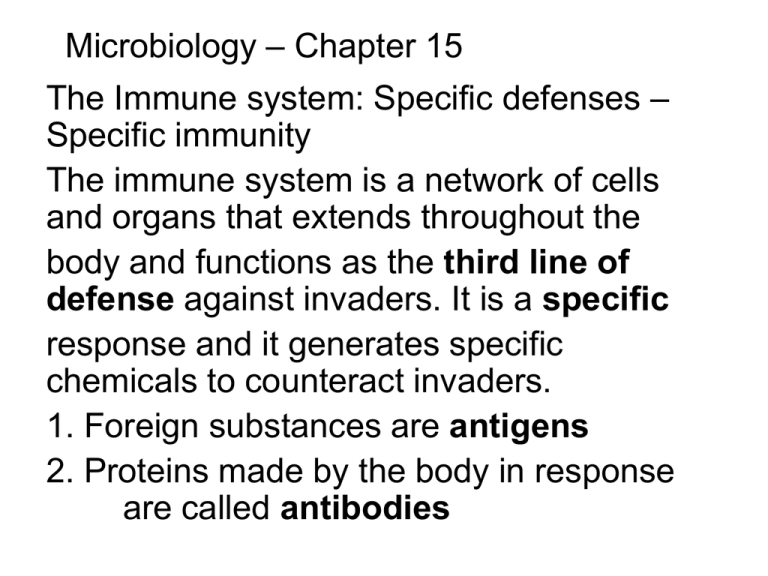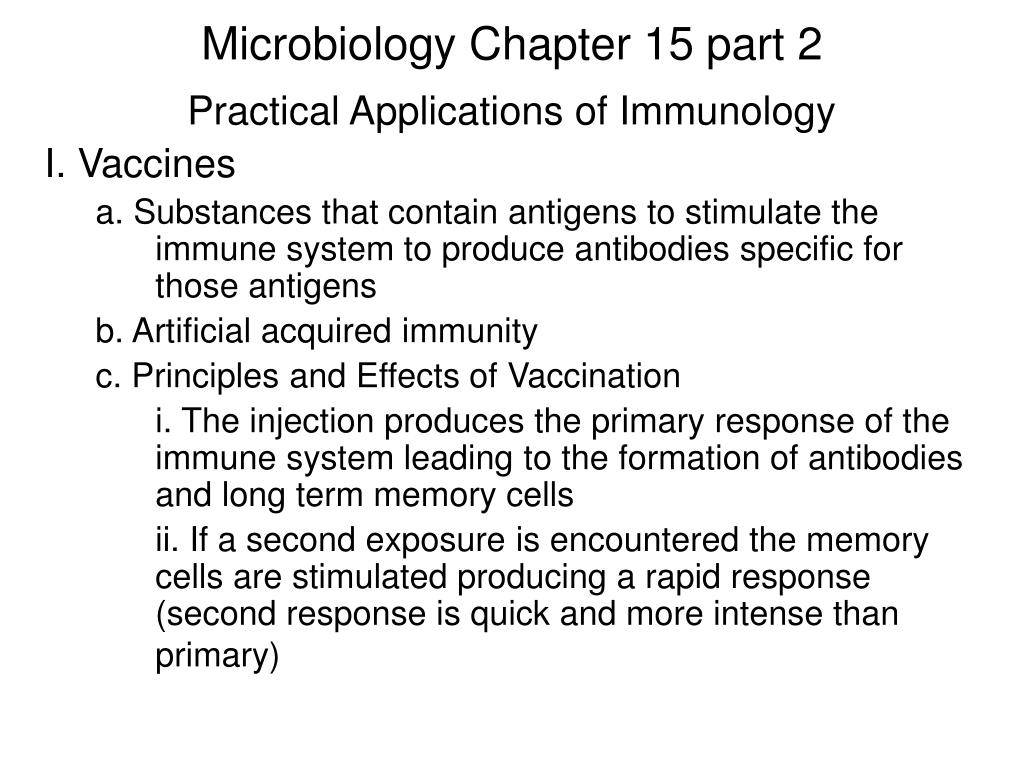Microbiology Chapter 15 Quizlet
Microbiology Chapter 15 Quizlet - B) mucous membranes of the gastrointestinal tract. Antigen is filtered from the blood. Some pathogens can enter through openings or cuts. Click the card to flip 👆. Ability of a pathogen to cause disease by overcoming the host defenses. Web 15.1 characteristics of infectious disease highlights learning objectives by the end of this section, you will be able to: The bone marrow is where. Bacteria that normally inhabit an anatomic site. Click the card to flip 👆 von behring. Distinguish between signs and symptoms of disease explain the difference between a.
15.4 virulence factors of eukaryotic pathogens; Host antibodies can enable phagocytosis) are one way for microbes. Web four ways that microorganisms can damage host cell. Web 1.1 what our ancestors knew 1.2 a systematic approach 1.3 types of microorganisms from boiling thermal hot springs to deep beneath the antarctic ice, microorganisms can be found almost. 2) causes direct damage in the immediate vicinity of the invasion. The significance of the plasma membrane is that. Web these are exercises for chapter 15 microbial mechanisms of pathogenicity in openstax's microbiology. Click the card to flip 👆. Web terms in this set (46) pathogenicity. B) it prevents movement of molecules out of the organism.
Click the card to flip 👆 1 / 58. 15.3 virulence factors of bacterial and viral pathogens; Antigen is filtered from the blood. These include viruses, bacteria, archaea, protozoa, algae, and fungi Bacteria that normally inhabit an anatomic site. Web 1.1 what our ancestors knew 1.2 a systematic approach 1.3 types of microorganisms from boiling thermal hot springs to deep beneath the antarctic ice, microorganisms can be found almost. Also called normal flora or microflora. Capsules (glycocalyx covering around cell wall that protects cell from phagocytosis; Web 15.1 characteristics of infectious disease; Web terms in this set (46) pathogenicity.
Microbiology Chapter 15
The degree or extent to which a microbe is pathogenic? A) it selectively allows some molecules to pass into the organism. Immune responses to antigens occur. These include viruses, bacteria, archaea, protozoa, algae, and fungi Outer layer of packed, dead, skin cells usually acts as a barrier to pathogens.
Vector Microbiology Quizlet bmpbleep
The bone marrow is where. Blood stem cells give rise to immature lymphocytes. Foundations in microbiology is an allied health microbiology text with a taxonomic approach to the disease chapters. These include viruses, bacteria, archaea, protozoa, algae, and fungi Cram.com makes it easy to get the grade you want!
microbiology chapter 25 Flashcards and Study Sets Quizlet
The degree or extent to which a microbe is pathogenic? Immune responses to antigens occur. Web four ways that microorganisms can damage host cell. Web choose the best answer. Web 15.1 characteristics of infectious disease;
PPT Microbiology Chapter 15 part 2 PowerPoint Presentation, free
Web these are exercises for chapter 15 microbial mechanisms of pathogenicity in openstax's microbiology. Foundations in microbiology is an allied health microbiology text with a taxonomic approach to the disease chapters. Click the card to flip 👆 von behring. Antigen is filtered from the blood. Web four ways that microorganisms can damage host cell.
Microbiology Exam 3 Notes MCB 2010C UNF StuDocu
Web 1.1 what our ancestors knew 1.2 a systematic approach 1.3 types of microorganisms from boiling thermal hot springs to deep beneath the antarctic ice, microorganisms can be found almost. Click the card to flip 👆 1 / 58. Web choose the best answer. Antigen is filtered from the blood. Host antibodies can enable phagocytosis) are one way for microbes.
Vector Microbiology Quizlet Biology, science microbiology, microbe
Web four ways that microorganisms can damage host cell. Click the card to flip 👆. Bacteria that normally inhabit an anatomic site. 3) produce toxins, transported by blood and lymph, that. 15.3 virulence factors of bacterial and viral pathogens;
Vector Microbiology Quizlet Biology, science microbiology, microbe
Term 1 / 55 1) the most frequently used portal of entry for pathogens is the a) mucous membranes of the respiratory tract. 1) using the host's nutrients. Also called normal flora or microflora. 15.3 virulence factors of bacterial and viral pathogens; Web study flashcards on microbiology chapter 15 at cram.com.
Microbiology lab practical Flashcards Quizlet Microbiology lab
It offers an engaging and accessible writing style through the use of case studies and analogies to thoroughly explain difficult microbiology. Antigen is filtered from the blood. The bone marrow is where. Outer layer of packed, dead, skin cells usually acts as a barrier to pathogens. Cram.com makes it easy to get the grade you want!
Chapter 15 Study Guide Microbiology Chapter 15 Study Guide Please
The significance of the plasma membrane is that. Also called normal flora or microflora. Web choose the best answer. B) mucous membranes of the gastrointestinal tract. 15.4 virulence factors of eukaryotic pathogens;
A) It Selectively Allows Some Molecules To Pass Into The Organism.
Blood stem cells give rise to immature lymphocytes. Click the card to flip 👆. 15.2 how pathogens cause disease; Web study flashcards on microbiology chapter 15 at cram.com.
Term 1 / 55 1) The Most Frequently Used Portal Of Entry For Pathogens Is The A) Mucous Membranes Of The Respiratory Tract.
Web terms in this set (46) pathogenicity. 3) produce toxins, transported by blood and lymph, that. These include viruses, bacteria, archaea, protozoa, algae, and fungi Summarize koch’s postulates and molecular koch’s postulates, respectively,.
Distinguish Between Signs And Symptoms Of Disease Explain The Difference Between A.
Web 15.1 characteristics of infectious disease; Click the card to flip 👆 1 / 58. Immune responses to antigens occur. Click the card to flip 👆.
B) Mucous Membranes Of The Gastrointestinal Tract.
Host antibodies can enable phagocytosis) are one way for microbes. Web chapter 15 terms in this set (90) all of the following are examples of cytopathic effects of viruses except ________. Quickly memorize the terms, phrases and much more. Some pathogens can enter through openings or cuts.







